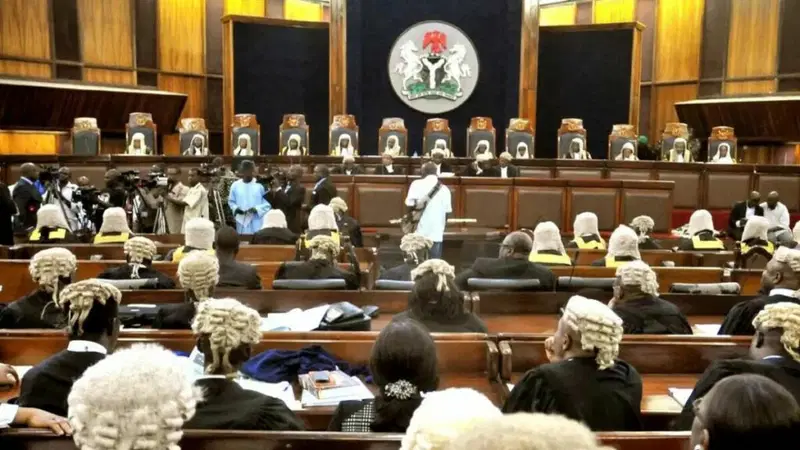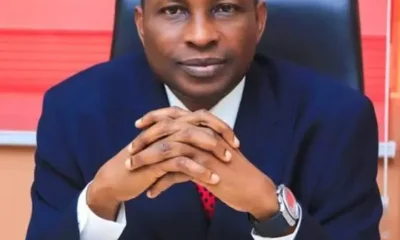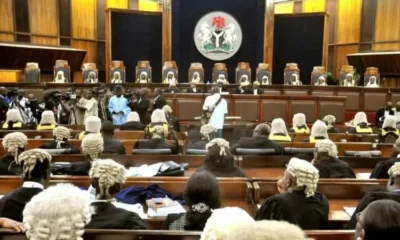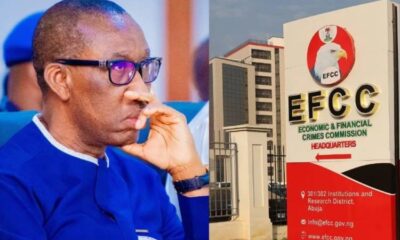The Nation
Supreme Court fixes hearing on State Governors suit seeking to outlaw EFCC

The Supreme Court has fixed October 22, 2024, for the hearing of a significant suit brought by at least 16 state governments challenging the constitutionality of the laws establishing the Economic and Financial Crimes Commission (EFCC) and two other federal agencies.
This challenge, originally initiated by the Kogi State Government, has since been joined by additional states seeking clarity on the legality of the EFCC’s operations under the Nigerian Constitution.
A seven-member panel, led by Justice Uwani Abba-Aji, fixed the hearing date after approving the inclusion of 16 states as co-plaintiffs and allowing the consolidation of the case.
The states joining the suit include Ondo, Edo, Oyo, Ogun, Nasarawa, Kebbi, Katsina, Sokoto, Jigawa, Enugu, Benue, Anambra, Plateau, Cross River, and Niger.
The states are questioning the legality of the EFCC and related laws, citing that the establishment of such bodies did not comply with the provisions of Section 12 of the 1999 Constitution.
They argue that the United Nations Convention against Corruption, which was reduced into the EFCC Establishment Act of 2004, required the approval of the majority of state Houses of Assembly to be legally binding in Nigeria a step that was allegedly not followed.
The case originally filed by the Kogi Attorney General against the Attorney-General of the Federation (AGF) raises constitutional issues, including the authority of the EFCC and other agencies to investigate state finances.
The Kogi government seeks declarations that federal agencies, including the EFCC and the Nigerian Financial Intelligence Unit (NFIU), do not have the power to issue directives or investigate state funds.
The states’ legal team contends that without proper constitutional approval, the EFCC’s establishment and operations are invalid and should not apply to states that did not endorse the convention.
The court will now proceed with hearing the matter on October 22, which could have far-reaching implications for Nigeria’s anti-corruption framework and the relationship between federal and state powers.
































